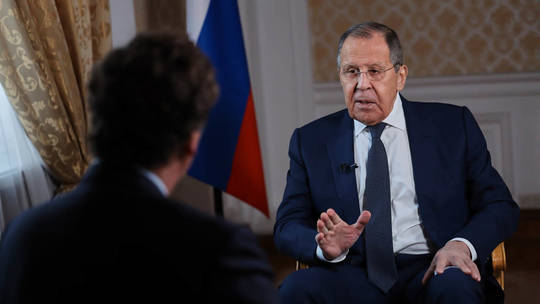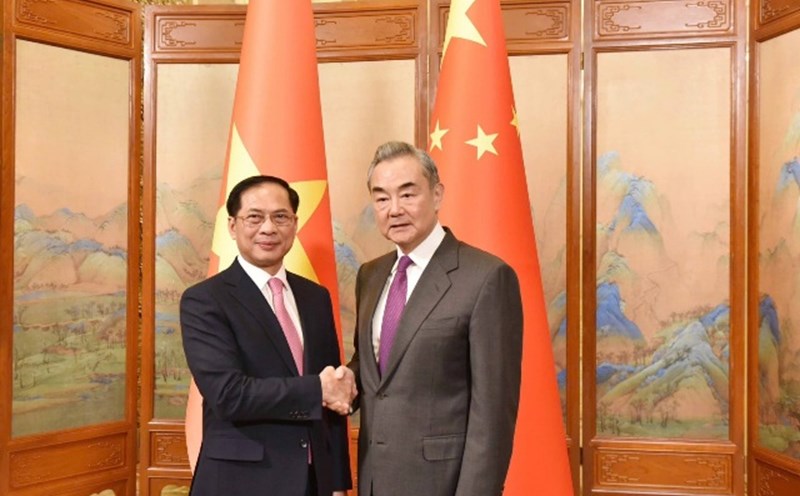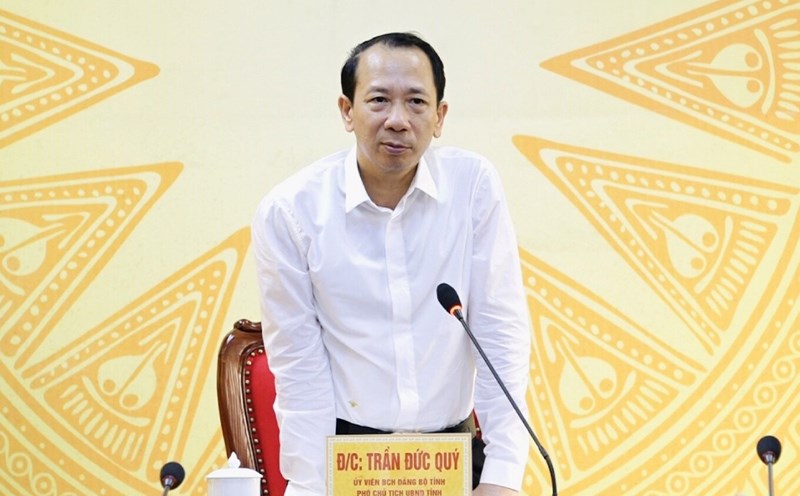Russia will use all possible measures to protect its national interests and hopes the United States has understood this after Russia launched the Oreshnik hypersonic missile - Russian Foreign Minister Sergei Lavrov told American journalist Tucker Carlson on December 5.
Journalist Carlson, who interviewed President Vladimir Putin earlier this year, returned to Russia to interview Mr. Lavrov.
"We do not want to aggravate the situation, but since ATACMS missiles and other long-range weapons are being used against mainland Russia, we are sending a signal," Lavrov said. "We hope that the last signal, a few weeks ago, with the new weapon system called Oreshnik, was taken seriously."

Russia launched a hypersonic medium-range ballistic missile at a Ukrainian military-industrial facility in Dnepropetrovsk. Videos circulating on social media showed flashes of light from the sky reaching deep underground, followed by secondary explosions. The site has since been closed to the press.
Half an hour before the Oreshnik hypersonic missile was launched, Russia sent a message to the US using the nuclear deconfliction line, so that "they do not confuse it with anything bigger and really dangerous," according to Foreign Minister Lavrov, responding to journalist Carlson's comment that the Oreshnik itself "sounds very dangerous."
"The message is that the United States and its allies, who also supply long-range weapons to the Ukrainian authorities, must understand that we will be ready to use all means to prevent them from succeeding," Lavrov told Carlson. "Moscow is ready to do anything to protect its legitimate interests," he added.
Referring to recent comments by a US admiral about the theoretical admissibility of using nuclear weapons, Lavrov said this kind of rhetoric was “really worrying” and seemed to suggest that Russia had no “red lines” or was unwilling to enforce them.
“This is a very serious mistake,” the Russian diplomat stressed.
Asked if the US and Russia were at war, Lavrov said it was an undeclared “hybrid war” at the moment and that Moscow was letting Washington know it should not escalate.
Since a real war with the United States “would be nuclear,” the veteran diplomat explained, “we certainly want to avoid any misunderstandings. And since some people in Washington and some people in London, in Brussels, seem incapable of understanding, we will send additional messages if they do not draw the necessary conclusions.”











